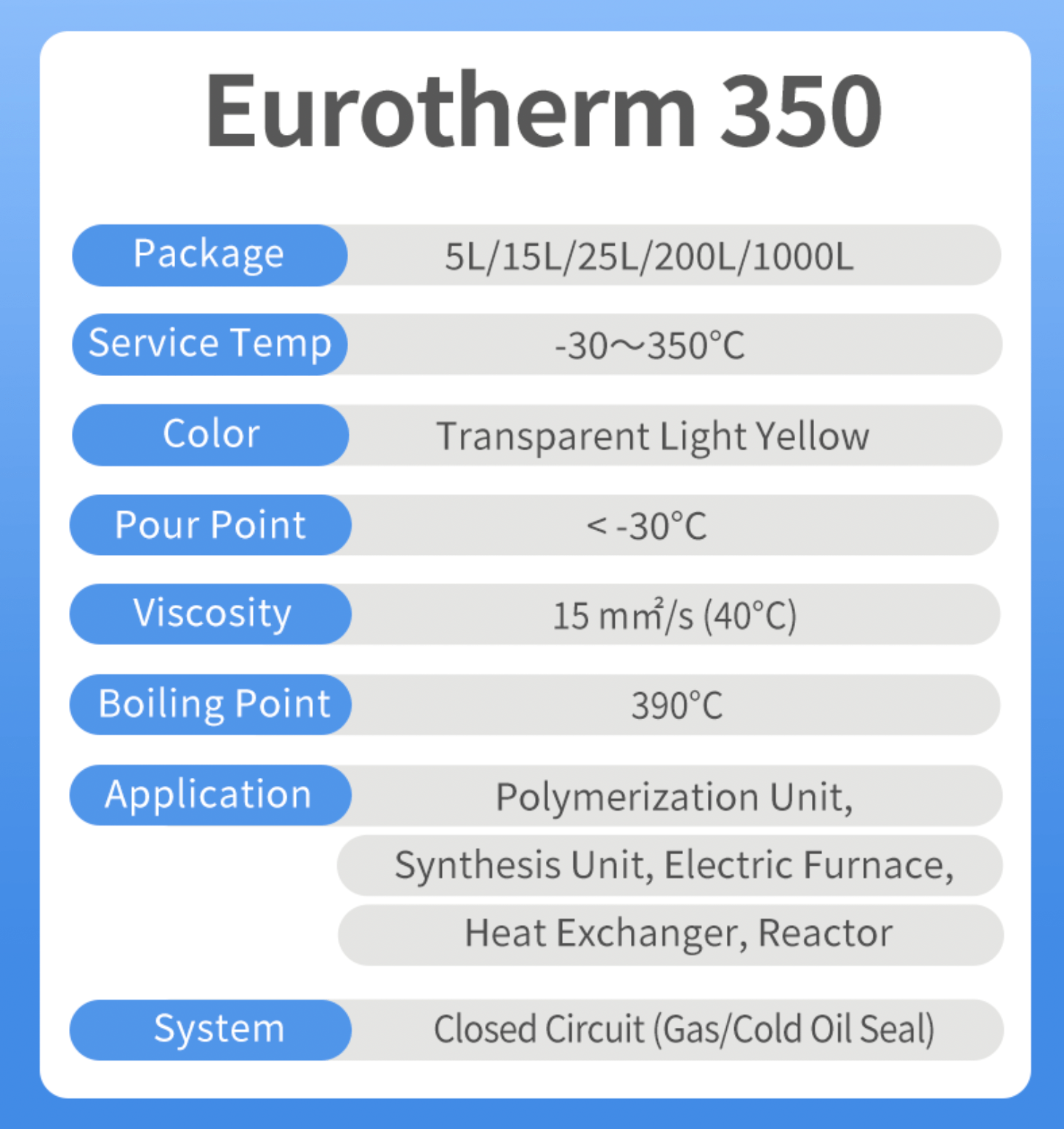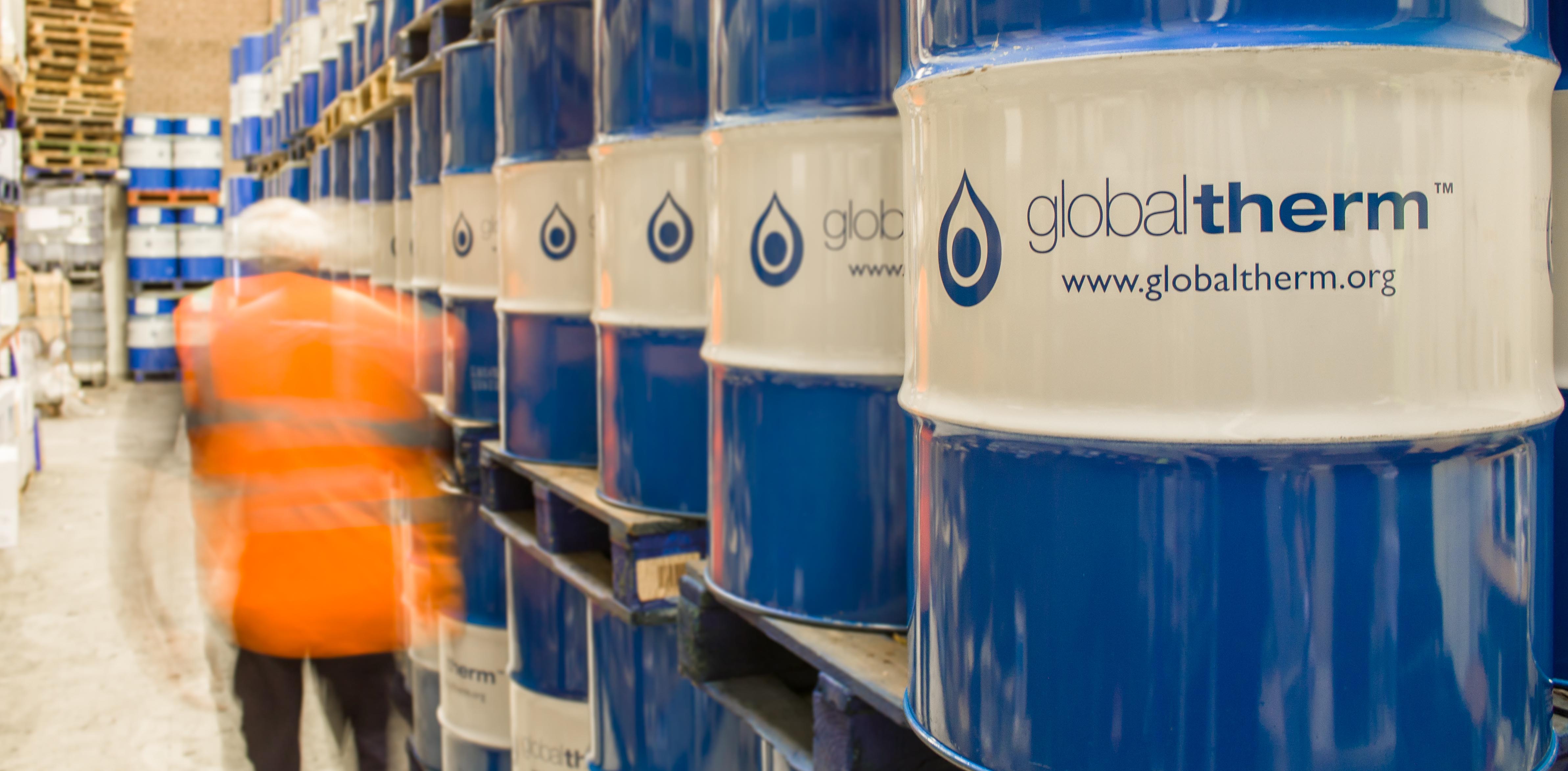Exactly How Warm Transfer Fluid Adds To Sustainable and Cost-efficient Procedures
In the modern-day industrial landscape, the role of warmth transfer liquids (HTFs) in promoting sustainable and inexpensive procedures can not be overstated. These fluids are essential in enhancing thermal administration systems, consequently considerably improving energy performance and minimizing functional costs. heat transfer fluid. The environmental benefits of sophisticated HTFs, with their high thermal stability and low poisoning, are undeniable.
Understanding Warm Transfer Liquids
In the realm of thermal administration, warm transfer fluids (HTFs) act as crucial agents for moving thermal power from one location to an additional. These liquids play a crucial function in various industrial applications, consisting of chemical processing, power generation, and heating and cooling systems. HTFs are specifically crafted to run within a variety of temperature levels, efficiently assisting in the transfer of warm while preserving a secure thermal profile. Their ability to function under severe problems-- whether heats or cryogenic levels-- makes them indispensable in settings requiring accurate thermal control.
The composition of warmth transfer liquids can differ dramatically, including choices such as mineral oils, synthetic oils, glycols, and molten salts. Each type offers distinctive benefits, such as enhanced thermal security, low viscosity, and high boiling factors, which are picked based on details operational needs. The selection of HTF impacts not just the efficiency of warmth transfer yet also the long life and safety of the system in which it is utilized.
As markets remain to introduce, the development of sophisticated HTFs, defined by their boosted thermal conductivity and reduced environmental effect, is vital for meeting the demands of contemporary thermal administration obstacles.

Enhancing Energy Effectiveness

Improving energy effectiveness has ended up being a vital problem throughout numerous industries, prompting a closer evaluation of warm transfer fluids' role in optimizing thermal monitoring systems. These liquids are essential to maintaining the preferred temperature in processes, thus reducing energy waste and enhancing overall system performance. By picking an ideal warm transfer fluid, industries can considerably improve their power efficiency, resulting in decreased power intake.

Advanced solutions of heat transfer fluids have been established to endure extreme temperatures while maintaining security and performance. Improving energy effectiveness through ideal warmth transfer liquid choice is not only a technological need but also an ecological essential.
Decreasing Functional Costs
Functional costs are a considerable site consideration for sectors seeking to preserve affordable advantage, and the selection of warmth transfer fluid plays an important function in price management. Selecting an appropriate warmth transfer liquid can cause considerable price savings by improving system efficiency and lowering power intake. High-performance fluids minimize thermal destruction, which consequently decreases the frequency of liquid substitute and downtime connected with upkeep, consequently decreasing functional expenditures.
In addition, heat transfer fluids with remarkable thermal security and corrosion resistance extend the life-span of tools. This lowers the requirement for constant repairs and substitutes, which can be expensive and turbulent to procedures. By spending in high-grade fluids, markets can achieve long-term decreases in upkeep prices and boost the dependability of their systems.
In addition, advanced heat transfer fluids frequently exhibit reduced viscosity at operating temperature levels, which enhances pump effectiveness and lowers energy usage in liquid circulation. Several contemporary warm transfer liquids are crafted to operate properly over a vast temperature level range, reducing the find here demand for several liquid kinds, thereby enhancing stock requirements and lowering associated costs.
Environmental Impact Reduction
The push towards reducing ecological impact has actually gotten energy in industries leveraging heat transfer fluids. Warmth transfer liquids (HTFs) play a vital duty in this shift, using chances to enhance energy performance and decrease discharges - heat transfer fluid.
Furthermore, the use of innovative heat transfer liquids adds to better system effectiveness, decreasing the general power consumption. This decrease not only results in expense savings yet also lowers carbon dioxide discharges, helping in the battle versus climate adjustment. Liquids that are biodegradable and recyclable even more enhance sustainability initiatives, as they lessen waste and promote round economy techniques.
Additionally, including HTFs right into closed-loop systems protects against fluid loss and contamination of the surrounding atmosphere. This approach makes sure that liquids are recycled, minimizing the need for brand-new sources and restricting waste generation. By accepting these environmentally aware approaches, sectors can dramatically reduce their environmental effect while maintaining high functional performance, aligning with global sustainability objectives and governing demands.
Selecting the Right HTF
Selecting the ideal warm transfer fluid (HTF) is a crucial action in advancing environmental sustainability within commercial processes - heat transfer fluid. An ideal HTF must possess a high thermal capability, reduced viscosity, find and high thermal conductivity to make certain effective warm transfer.
This guarantees longevity and minimizes maintenance prices. The fluid should be non-toxic and naturally degradable, reducing its ecological footprint and making sure conformity with ecological laws.
Verdict
